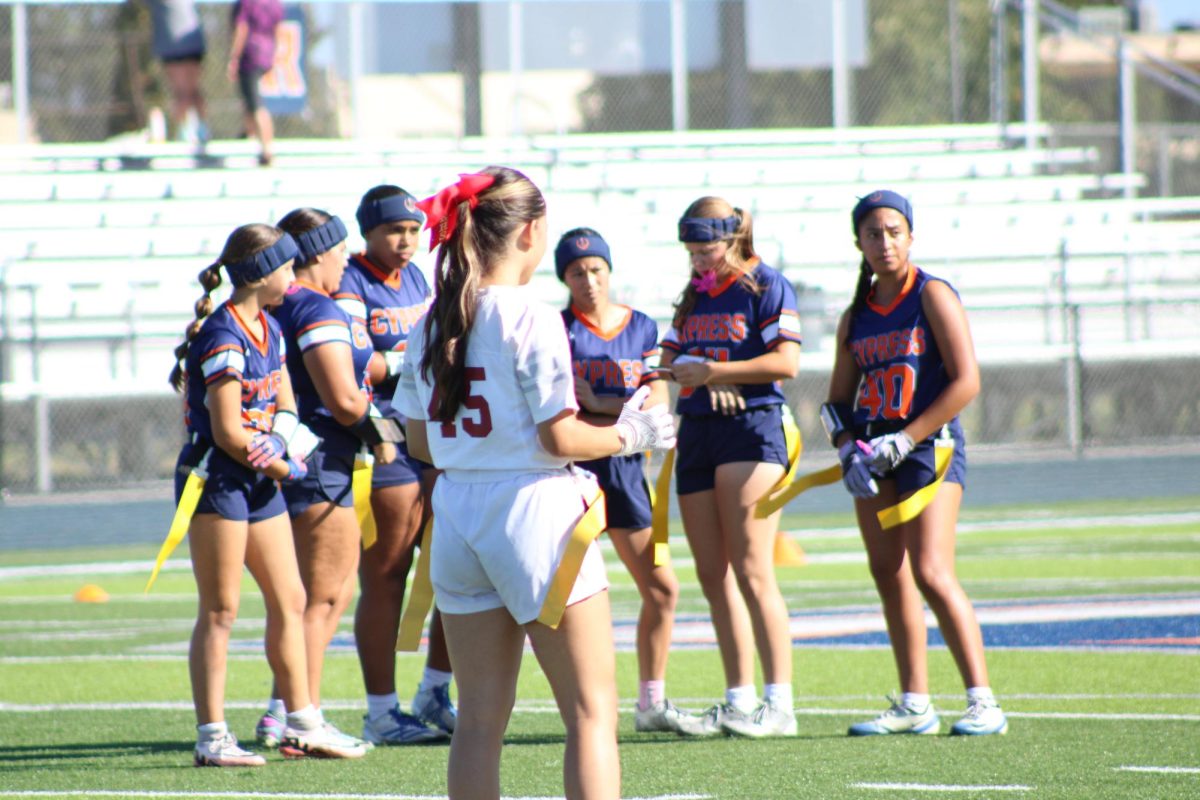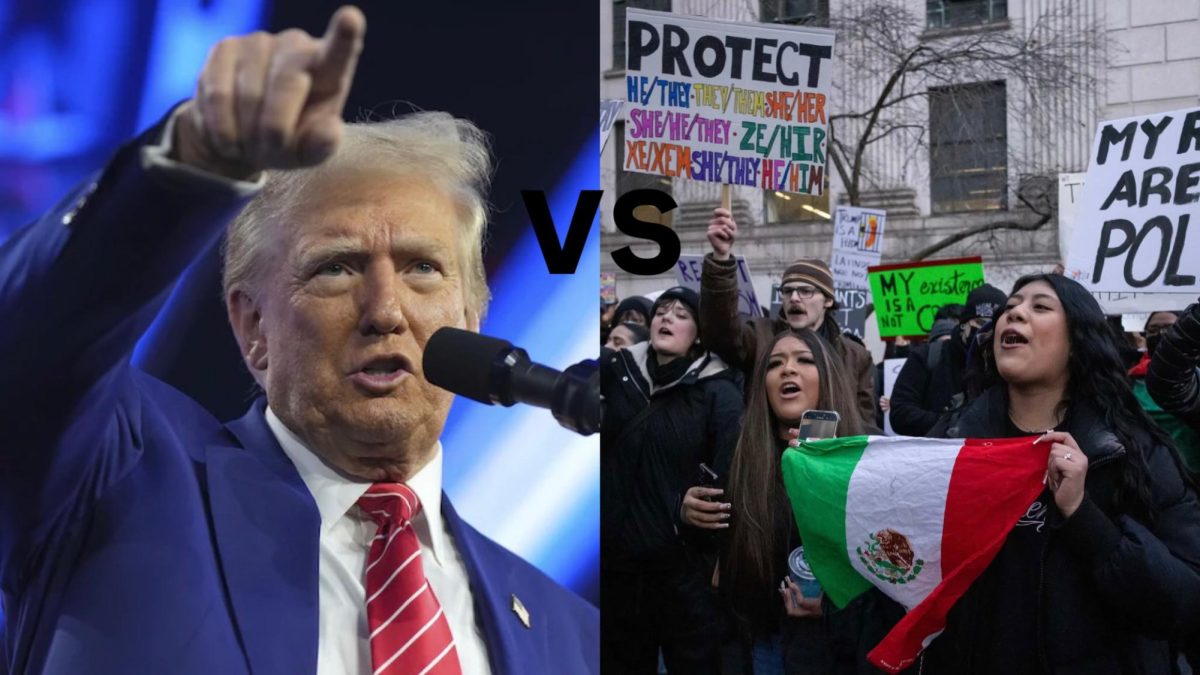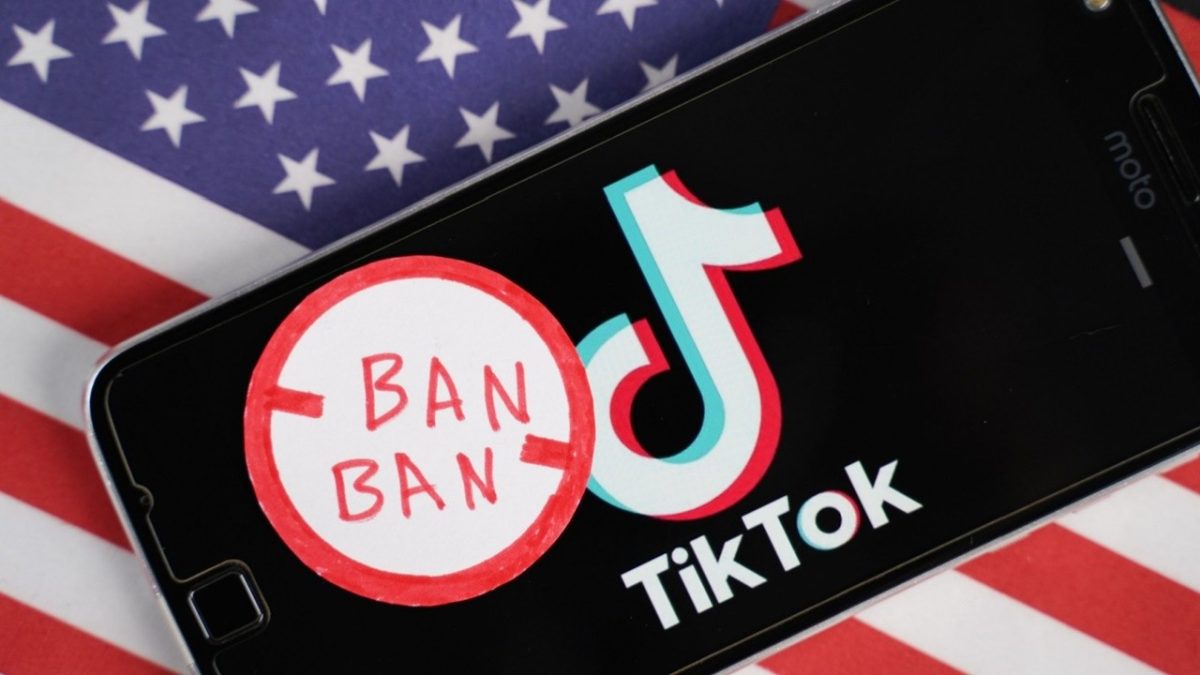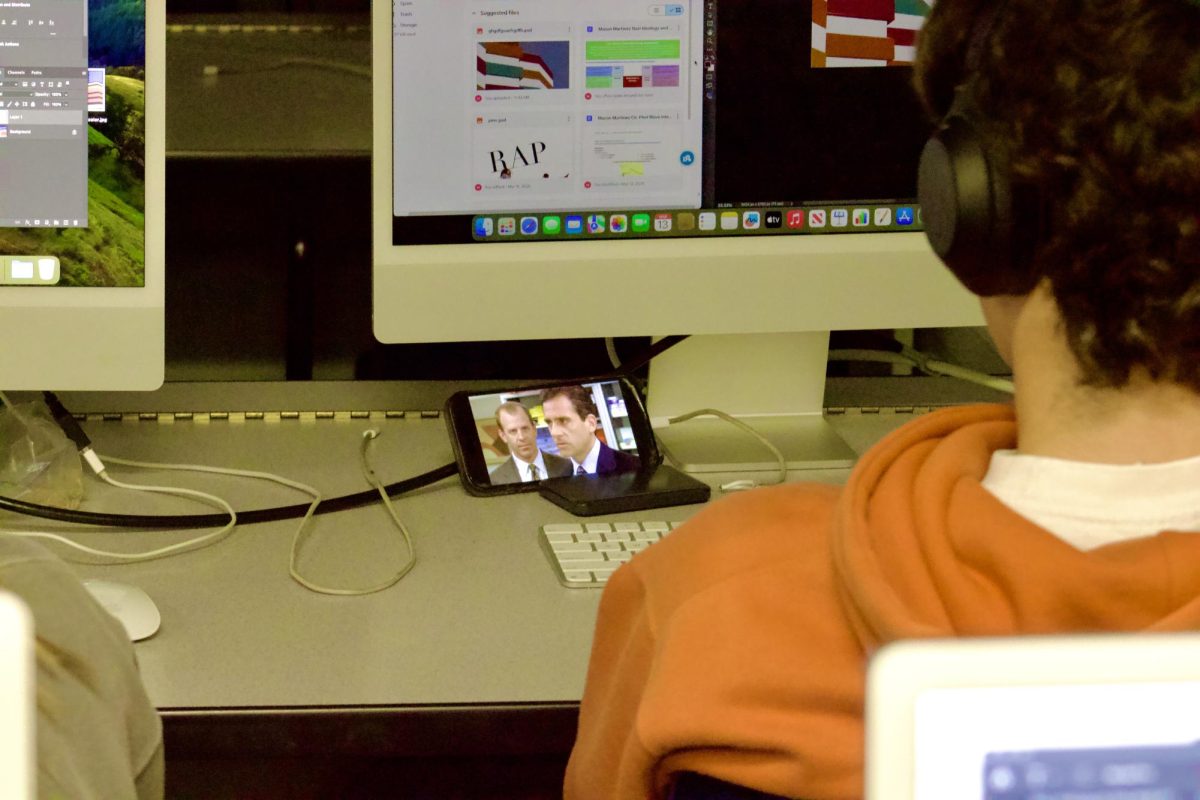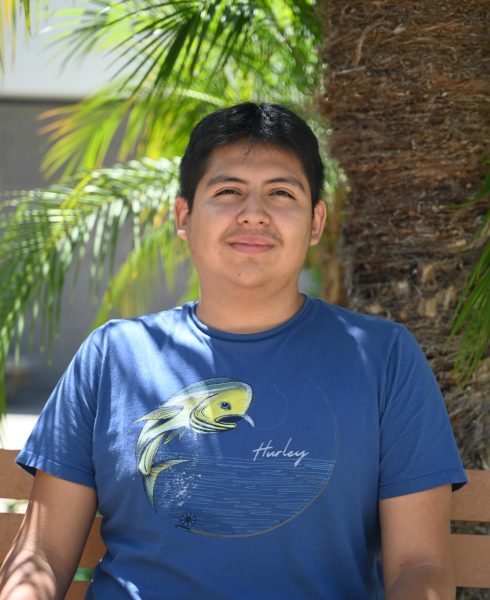According to the New York Times, Donald Trump’s opinion on TikTok has changed a lot over time, mixing both politics and personal gain. Back in 2020, he wanted to ban the app, saying it was a national security threat, but by 2024, he didn’t want Biden to do the same. Even though he once claimed TikTok was dangerous, Trump now sees its political value. Trump, who has millions of followers on TikTok, calls it a “special way for free speech” and even went to the Supreme Court to try to stop the ban. His change of heart came around the same time he got support from wealthy Republican donor Jeff Yass, who has money invested in ByteDance, the company that owns TikTok. Some people think Trump only changed his opinion for his own benefit, not because he truly believes in it.
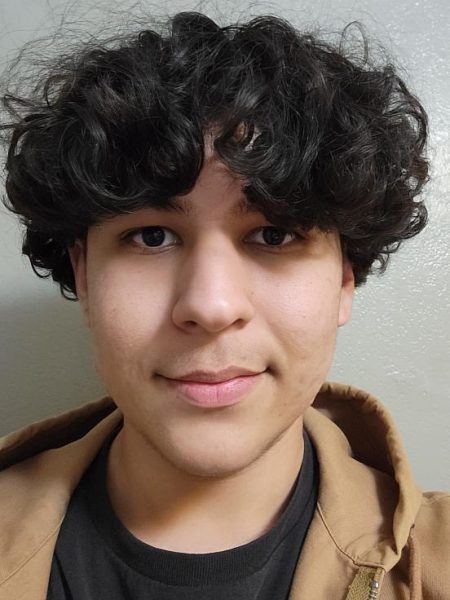
Concerns with TikTok go beyond just politics, with users worrying about its effect on freedom of speech. Joaquin Deras a junior at Cypress High School argues that banning TikTok would limit self-expression for many influencers, explaining, “ there’s, people that, are influencers, and that’s how, they express themselves.” If TikTok were banned, it might push users to other platforms like Instagram or YouTube. Leo Lopez, a junior at Cypress High School, said he wouldn’t be affected much by the TikTok ban because he’d just switch to other apps. “I just go to other apps or websites,” Lopez acknowledges that banning TikTok would impact entertainment and media trends. While Deras sees TikTok as vital/important way for self-expression, Lopez sees alternatives that could reduce its cultural influence but allow creators to thrive. This reflects the broader debate: Is banning TikTok about national security or an attempt to silence a platform for free expression?
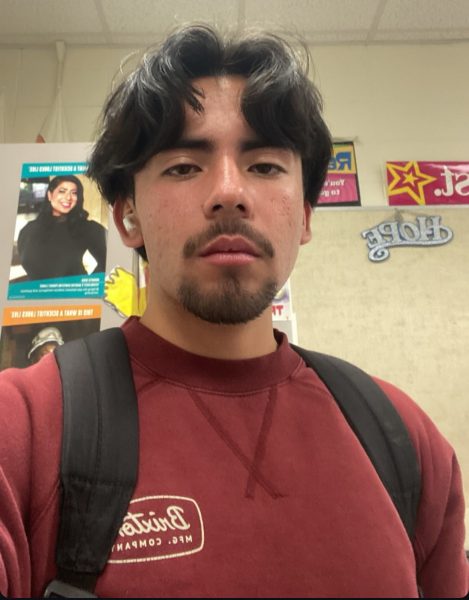
President Donald Trump proposed a plan giving the U.S. a 50% ownership stake, delaying the ban. This reassured service providers, allowing them to restore access for existing users, though new downloads are still blocked. The ban happened because a new law blocked apps owned by foreign adversaries, and the Supreme Court upheld it. This led to TikTok shutting down, causing frustration among its 170 million U.S. users and leaving concerns for businesses relying on the platform. Even though service was restored, other apps like CapCut and Lemon8 remained blocked, and new downloads of TikTok are still unavailable. The ban also created confusion for companies that support TikTok, like Oracle, which hosts its data in the U.S. Service providers worried about facing huge fines, up to $5,000 per user, if they continued allowing access. While Trump’s plan gave temporary relief, companies still face uncertainty about future rules, and TikTok’s long-term status in the U.S. remains unclear.
The TikTok ban shows how politics, business, and free speech are all connected. While some see it as a security measure, others believe it’s more about power and control, leaving its future in the hands of the U.S. uncertain.
















